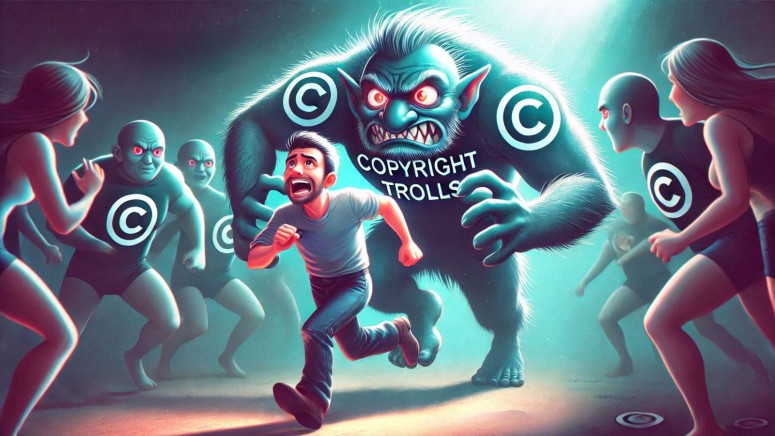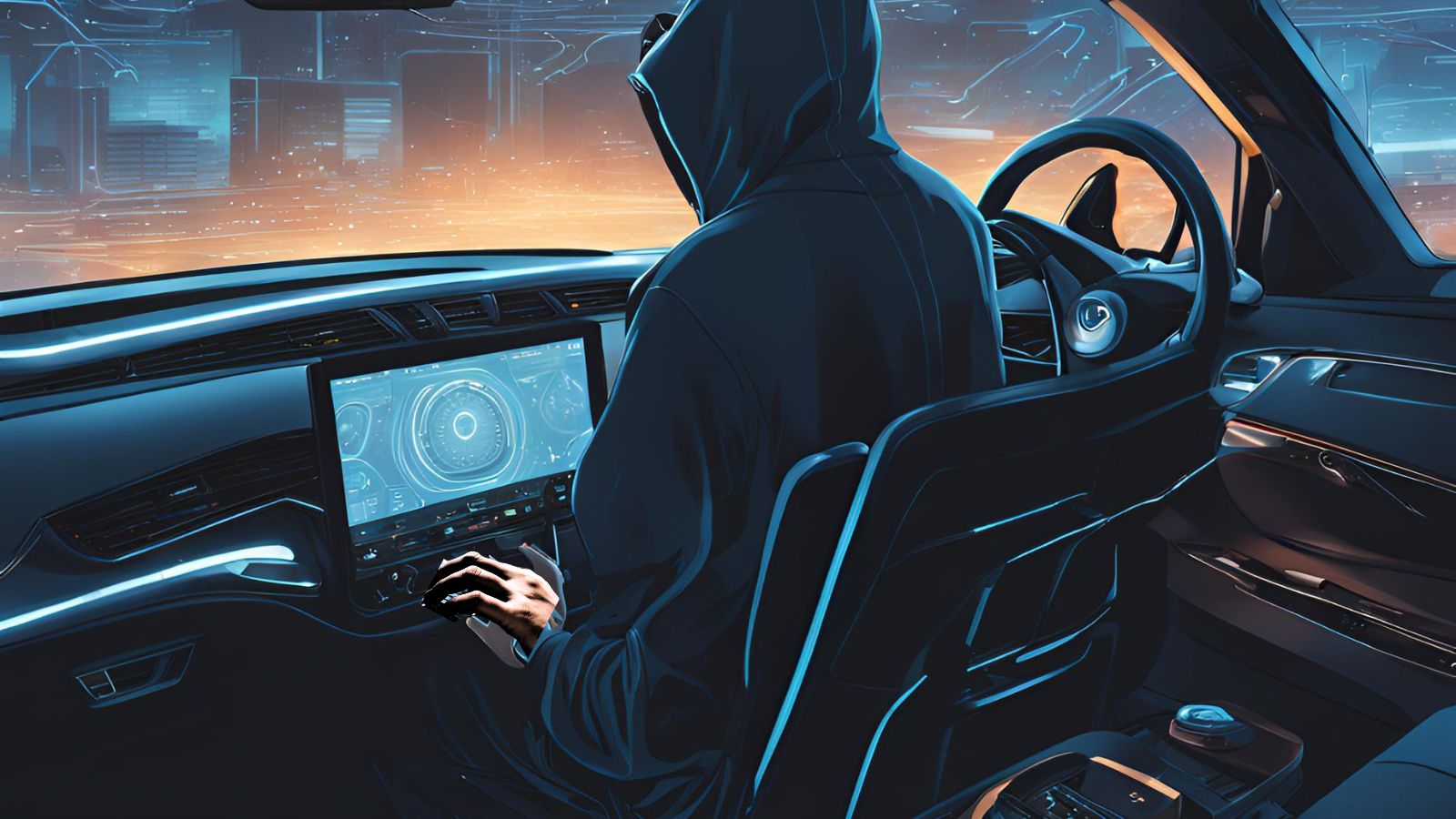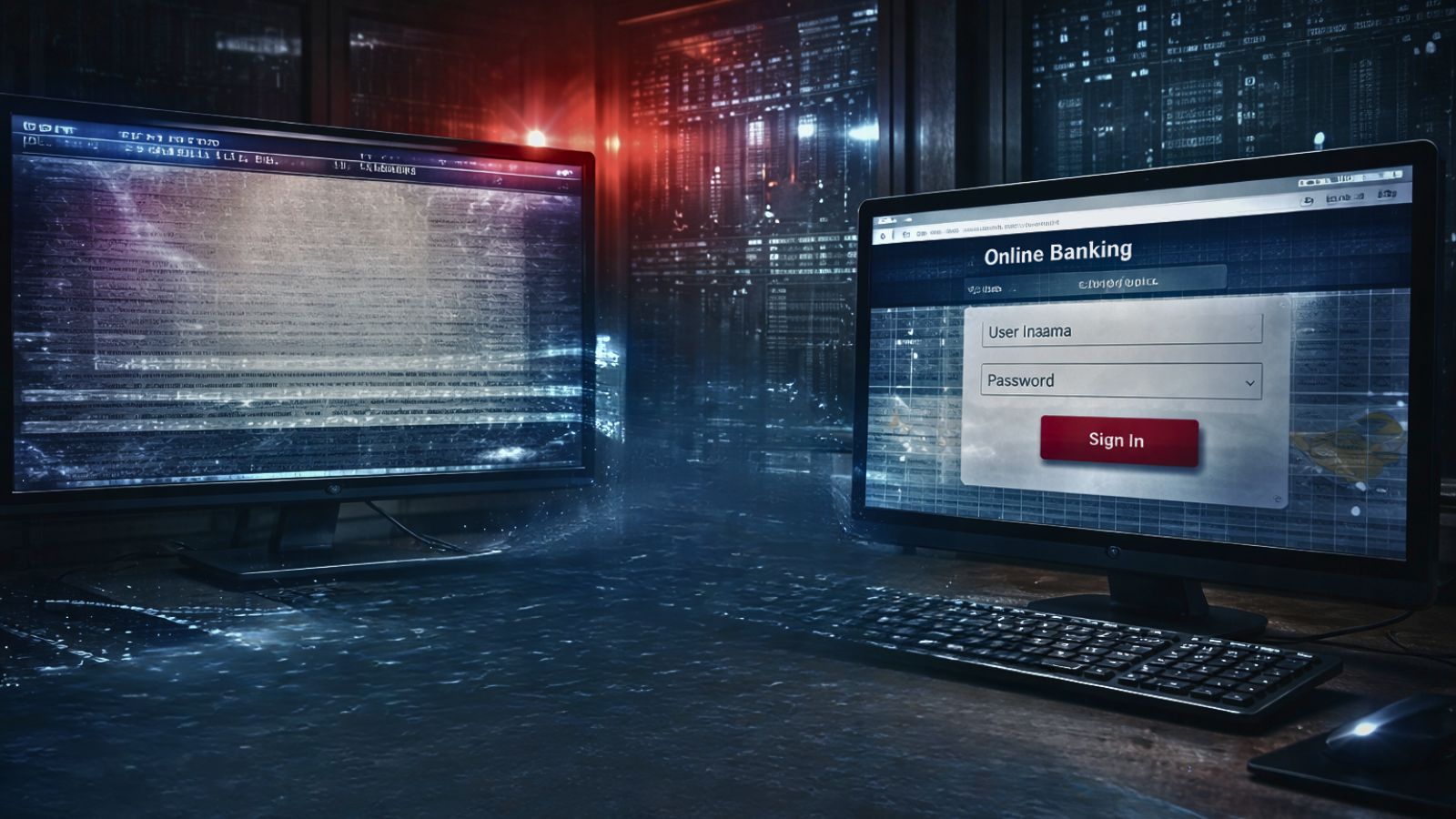
EFF Supports Cox, Defends Internet Users Accused of Piracy by ‘Copyright Trolls’
- The Electronic Frontier Foundation backs internet service provider Cox Communications in ongoing anti-piracy battle.
- They believe using DMCA subpoenas to track and identify alleged online pirates could be exploited.
- Instead, they urge courts to instate provisions that would imply judicial oversight via full lawsuits.
The Electronic Frontier Foundation (EFF) has joined the ongoing legal dispute between multiple movie companies and internet service provider (ISP) Cox Communications. The ongoing conflict centers on using DMCA subpoenas to track and identify alleged internet pirates.
The EFF argues that this practice could pave the way for exploitation by so-called “copyright trolls,” urging the courts to uphold safeguards that require a full lawsuit with judicial oversight instead of allowing unrestrained use of these subpoenas.
In recent years, rightsholders seeking to bypass the high cost of formal lawsuits have tried to revive the DMCA subpoena shortcut. This tactic gained traction without much public attention until 2023 when it faced renewed scrutiny.
A Cox subscriber objected to being targeted with a DMCA subpoena after being accused of pirating the movie Fall. Cox Communications intervened on their subscriber’s behalf and challenged the use of §512(h) DMCA subpoenas as applied to ISPs that simply transmit data.
A district court in Hawaii ruled in favor of Cox, stating that DMCA subpoenas do not apply to mere conduit providers, like most ISPs, but instead to providers that directly host or link to infringing content.
This decision, however, did not sit well with the involved movie companies—Voltage Holdings, Millennium Funding, and Capstone Studios—who appealed to the Ninth Circuit Court of Appeals, arguing for a modern interpretation of DMCA provisions.
The movie studios contend that ISPs indirectly facilitate piracy and should, therefore, fall under the DMCA subpoena rules.
Cox’s position against these subpoenas has earned the backing of the EFF, which filed an amicus curiae brief urging the Ninth Circuit to preserve prior interpretations of the DMCA.
Relaxing controls on DMCA subpoena usage would significantly benefit copyright trolls, who could extract settlements without proper judicial oversight and potentially target innocent subscribers, the EFF’s brief warns.
The EFF emphasized the threats posed by removing court oversight, noting that prior copyright infringement lawsuits requiring full lawsuits often revealed weaknesses in using IP addresses alone as evidence.
For instance, in Cobbler Nevada v. Gonzales, the courts ruled that rightsholders needed more than just an IP address to demonstrate guilt, as multiple users might share a single connection. The DMCA subpoena procedure, the EFF argues, bypasses these critical checks.
"Permitting copyright holders to issue §512(h) subpoenas to ISPs who simply transmit data would bypass an important mechanism of court oversight and invite more coercive settlement demands against internet subscribers," the EFF warned in its statement to the court.









